UN report warns of spiralling disaster costs
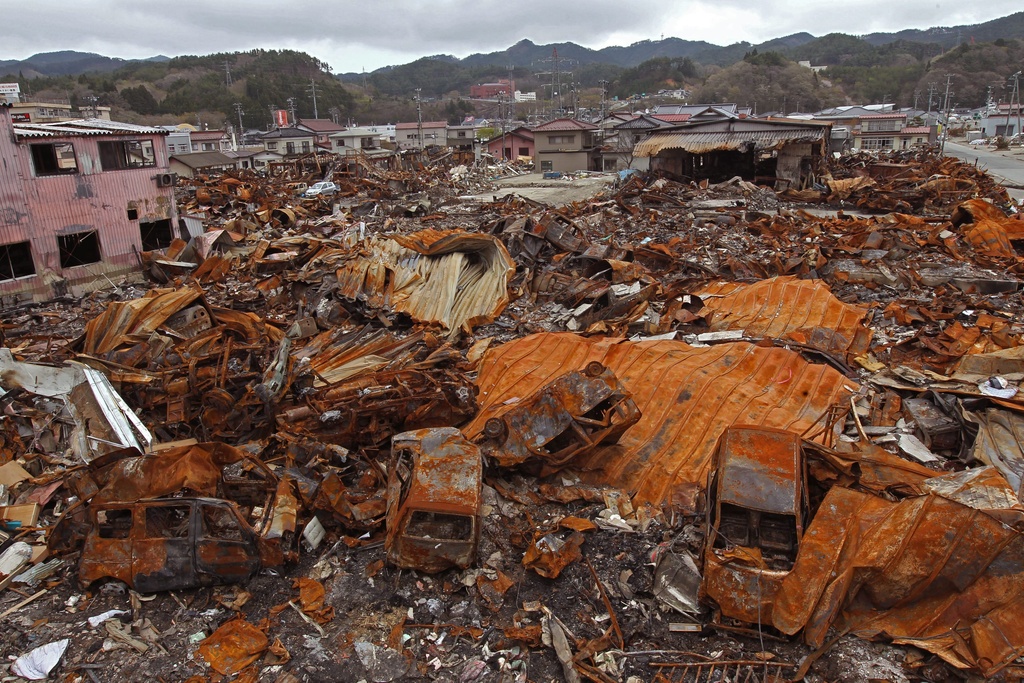
The risk of being killed by a cyclone or flood is lower today than 20 years ago, but the costs of natural disasters have spiralled, says a United Nations report.
The 2011 Global Assessment Report on Disaster Risk Reduction was published on Tuesday to coincide with two major disaster reduction and reconstruction conferences opening in Geneva. A large Swiss delegation is in attendance.
The report says countries around the world have strengthened their capacities to reduce mortality risks associated with major weather-related hazards. But it adds that this is not happening quickly or effectively enough.
“[And] economic loss risk continues to increase across all regions and seriously threatens the economies of low-income countries,” the authors state.
According to the World Bank, the economic costs of natural disasters soared from $68 billion (SFr59.5 billion) in 2009 to $180 billion in 2010.
2011 looks like being much worse. Japan’s government has estimated that direct damage from March’s 9.0-magnitude earthquake and tsunami could reach around $300 billion. The disaster left nearly 26,000 people dead or missing and crippled a nuclear power plant, which has been releasing radioactive materials into the environment.
“We are in a fast-moving car and ahead is a crash waiting to happen. We need to act,” Margareta Wahlström, the Special Representative of the Secretary General for Disaster Risk Reduction and head of the UN International Strategy for Disaster Reduction (UNISDR), said in a statement ahead of the gathering.
Biennial get-together
The organisation is holding its third Global Platform for Disaster Risk Reduction conference from May 10-13, bringing together 3,000 experts and government officials from 180 countries to discuss how better to cope both before and after natural disasters.
This year the biennial gathering is being complemented by the first World Reconstruction Conference, organised by the World Bank and the UN.
Opening the conference on Tuesday, UN Secretary General Ban Ki-moon warned that the vulnerability of the planet to disasters was increasing faster than our ability to prevent them.
“Disasters connected to climate change are increasing, the question of nuclear security and the multiplication of dangers add to the sense of urgency,” he told delegates.
Switzerland is represented by state secretary in the foreign ministry Peter Maurer, as well as a large delegation from the Swiss Agency for Development and Cooperation (SDC).
Talks at the two conferences will focus on the economic consequences of natural disasters and the necessary financing mechanisms, the promotion of alliances between climate change and disaster reduction groups and the reinforcement of local structures to encourage better reconstruction.
“We want to draw lessons from the past and agree upon a new framework to accelerate reconstruction after a disaster, to agree on common standards, to improve the quality and to reinforce transparency,” Zoubida Allaoua, director of the World Bank’s finance, economics and urban development department, told reporters on Monday.
Better coordination
René Holenstein, head of SDC’s Multilateral Affairs Division, said the international system for responding to natural disasters must be improved.
“There needs to be better coordination between international relief aid and when reconstruction efforts start – just look at Haiti,” he told swissinfo.ch.
“It’s understandable that the disaster response stage is more attractive but we need to invest more in prevention and the media has an important role to play in that.”
The Global Assessment report said Switzerland was one of a handful of countries that was best prepared for natural disasters, alongside Sweden, Denmark, Ireland, Norway and Finland.
For many Switzerland is viewed as a role model as far as coping with possible disaster is concerned, thanks to its investment in early-warning systems, land-use planning, legal instruments and public awareness.
An urgently needed national system of hazard maps showing dangers like rockslides, flooding or avalanches is due to be finalised by 2013.
Mountain disasters
Swiss officials are participating in a number of special sessions in Geneva, including one co-organised with Bhutan on mountain disasters.
“Switzerland is in a very privileged position,” admitted Holenstein. “We have plenty of resources, lots of good local government structures and good institutional cooperation. This is something that we wish to share with other participants.”
Some 30 experts from Japan will also be present.
But Japan’s ambassador to the UN in Geneva, Kenichi Suganuma, said it was probably “too early” to draw conclusions from the tsunami and nuclear disasters only two months after the incidents.
“We will do an in-depth examination of what went wrong, but for the moment we are still struggling to bring the crisis to an end,” he told reporters.
Japan hopes to communicate “preliminary observations” on lessons learned from the accidents in June, he noted.
The Third Global Platform for Disaster Risk Reduction, which takes place every two years, is being held in Geneva from May 10-13, 2011. As part of the platform, the World Bank and the UN have organised the first World Reconstruction Conference.
Some 3,000 top officials, experts, policy makers, and practitioners from government, international organizations, NGOs, academia, and the private sector are expected to attend the two meetings.
In the case of extreme weather or serious earthquakes, the National Alarm Centre sends the alerts of the Swiss Meteorological Office or the Swiss Seismological Service to the affected cantons, the army, the Federal Police Office and other parties.
The alert to the population is communicated by the 7,750 sirens spread across the country and normally operated by the cantonal police.
The population is then supposed to tune in to the radio stations of the Swiss Broadcasting Corporation for information.

In compliance with the JTI standards
More: SWI swissinfo.ch certified by the Journalism Trust Initiative

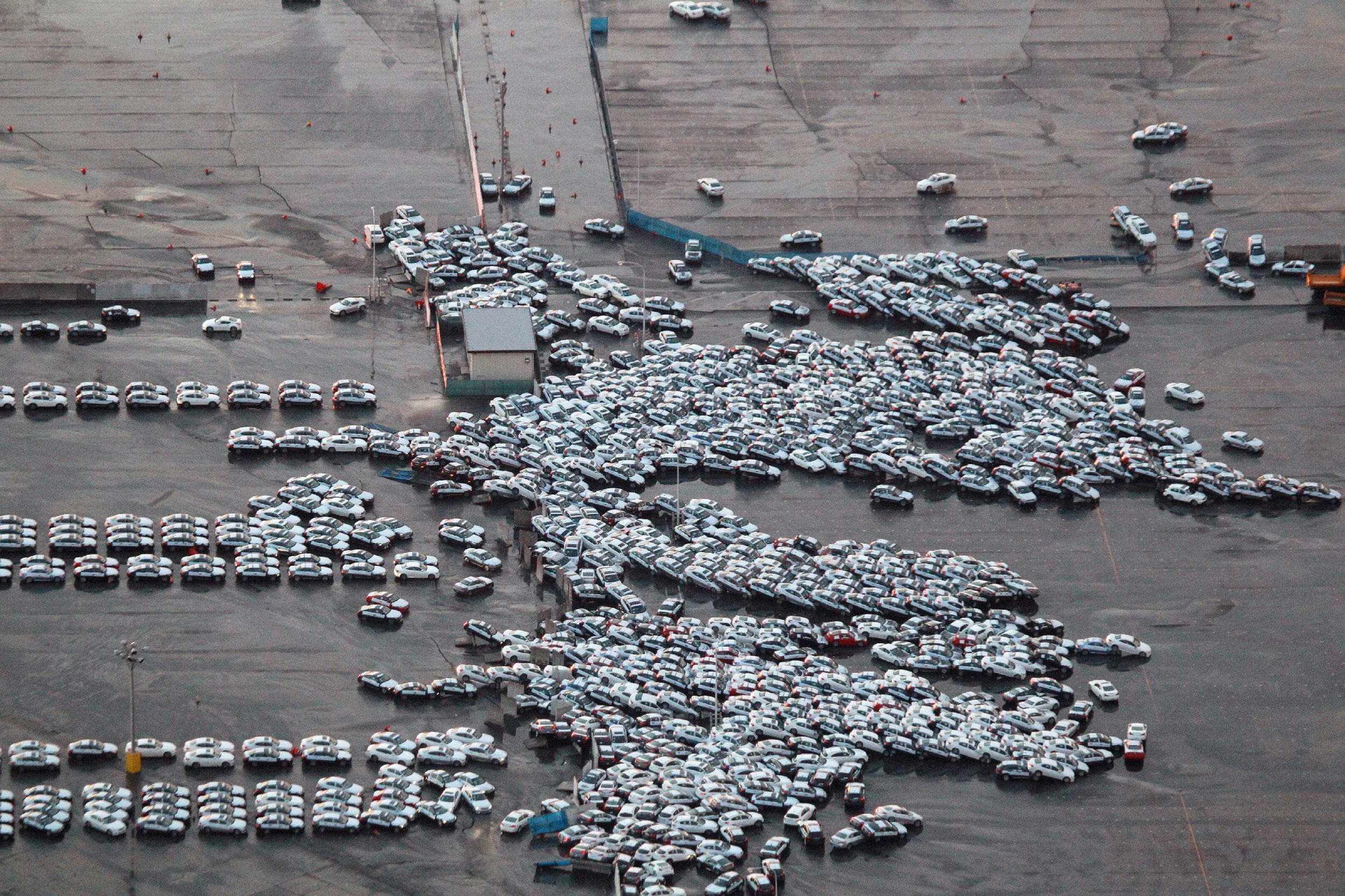
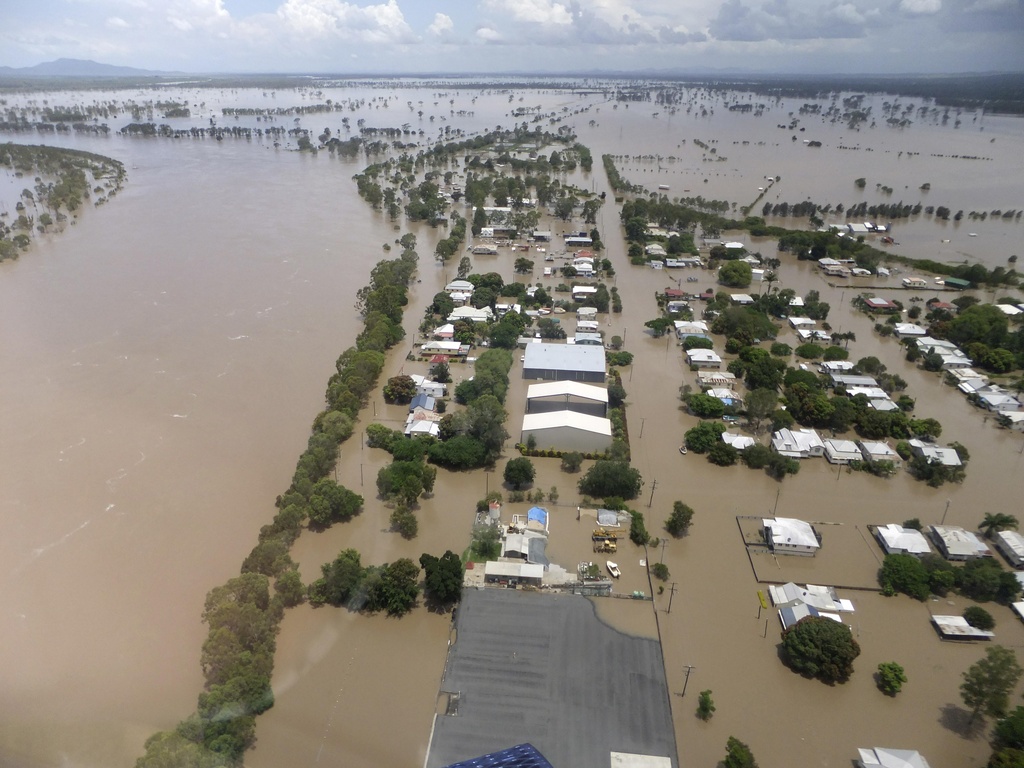
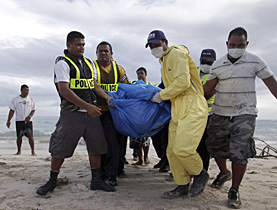
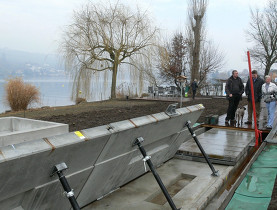
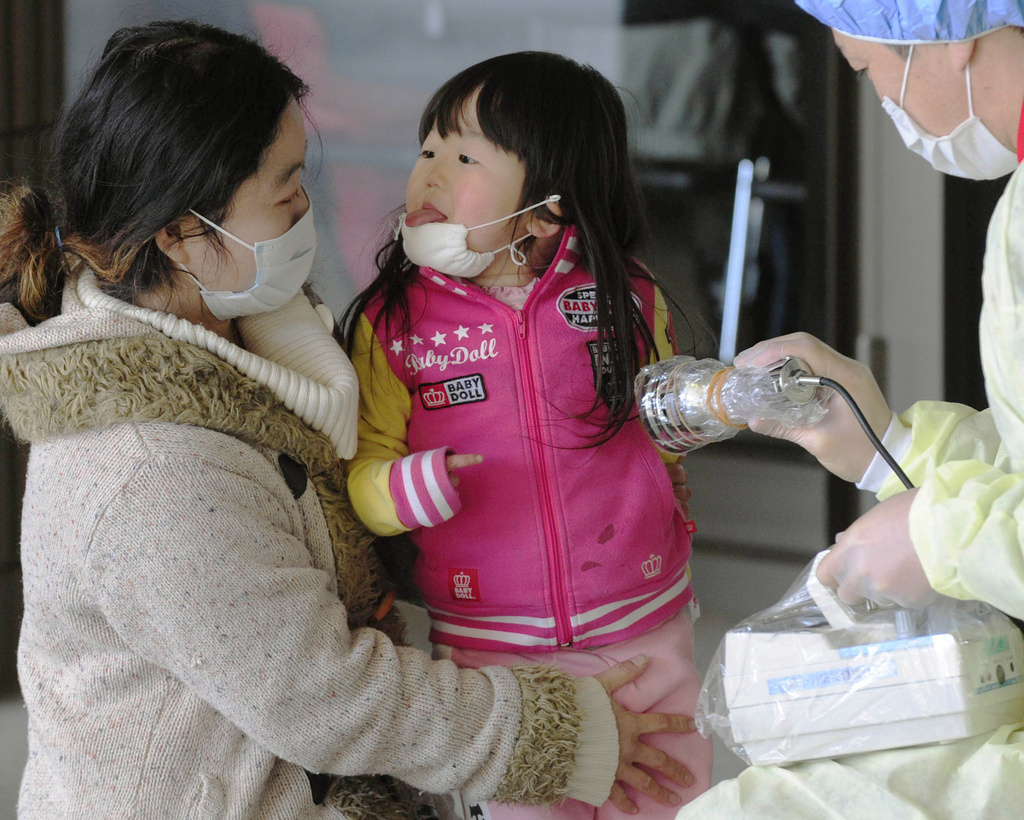
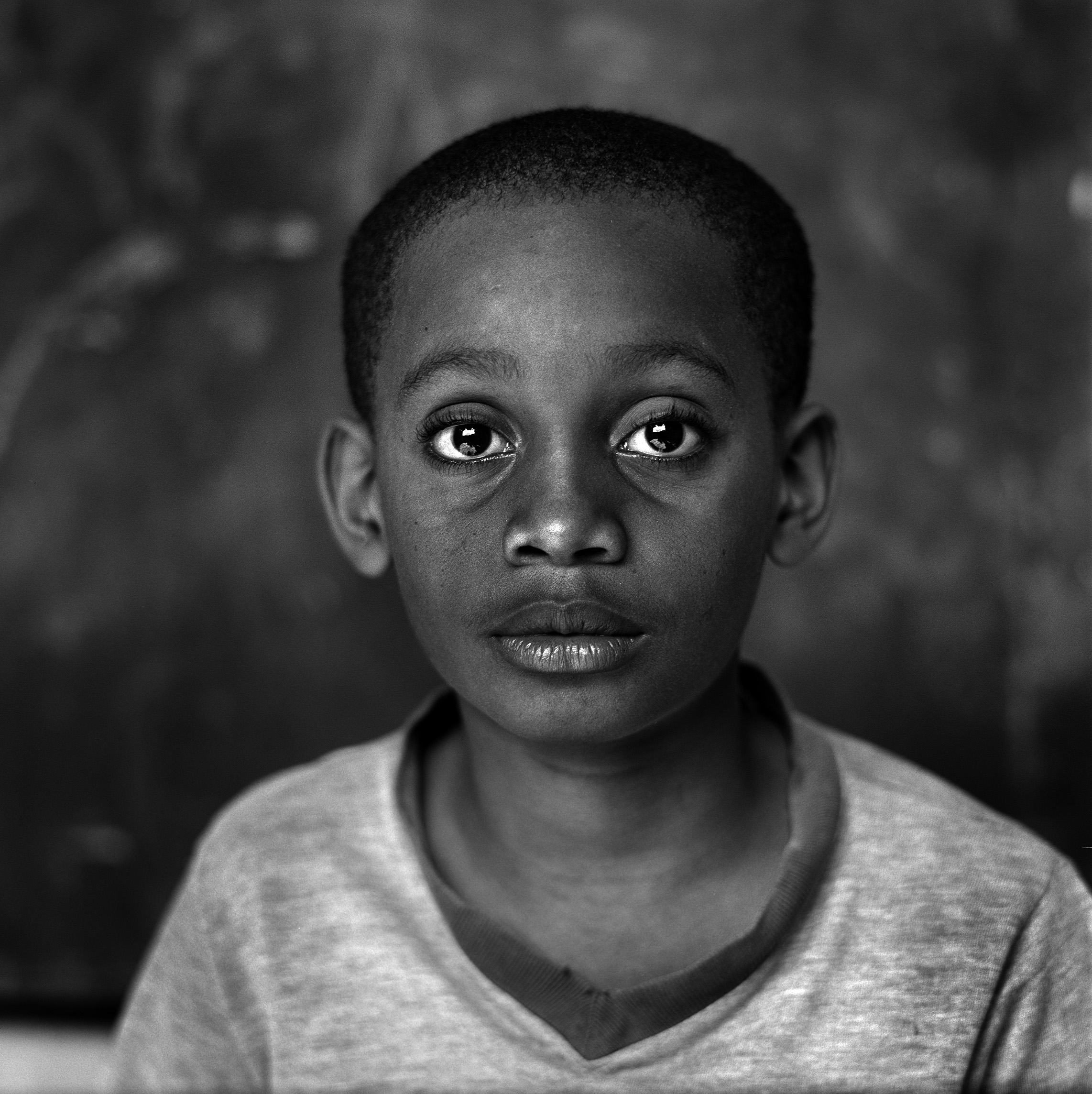
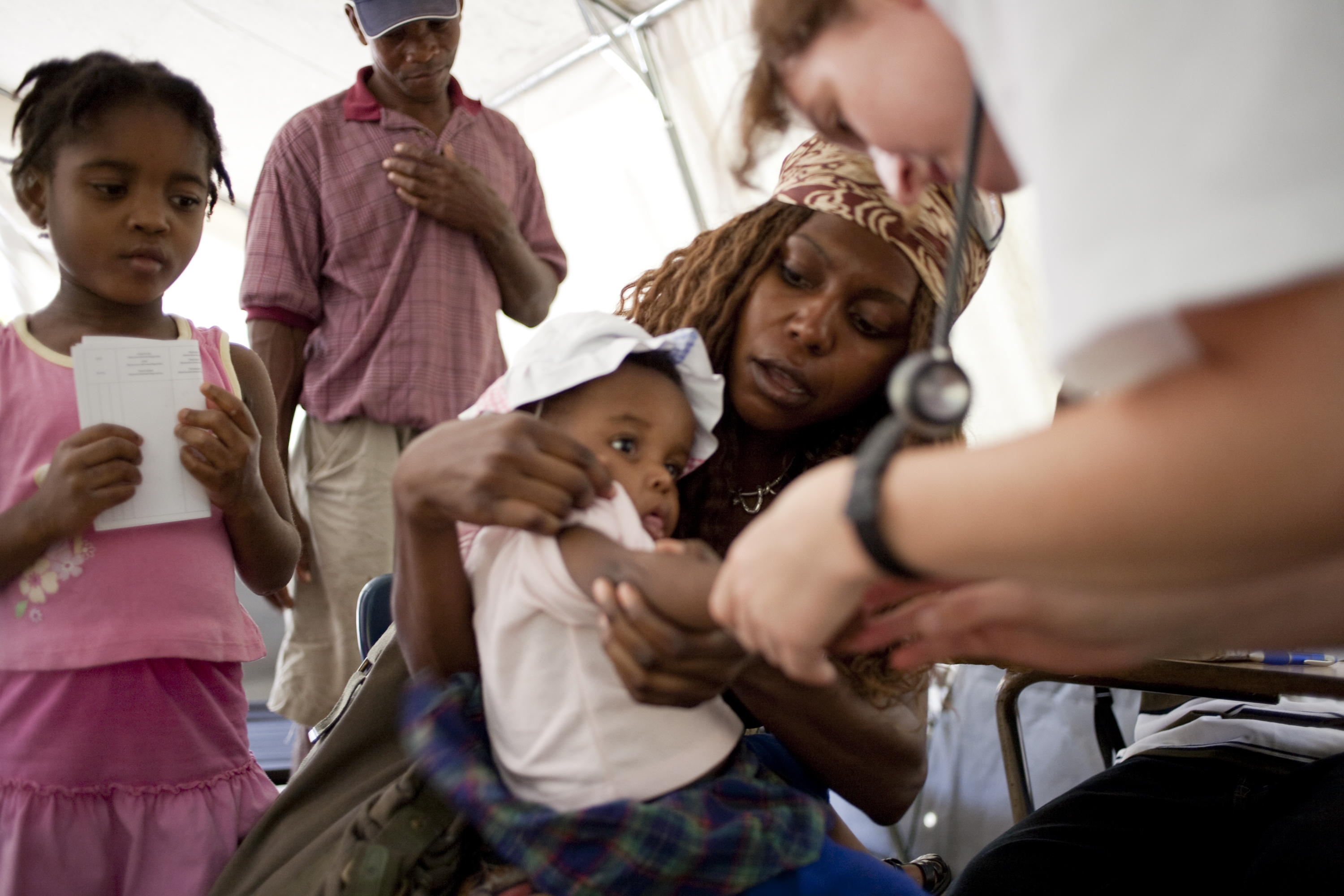
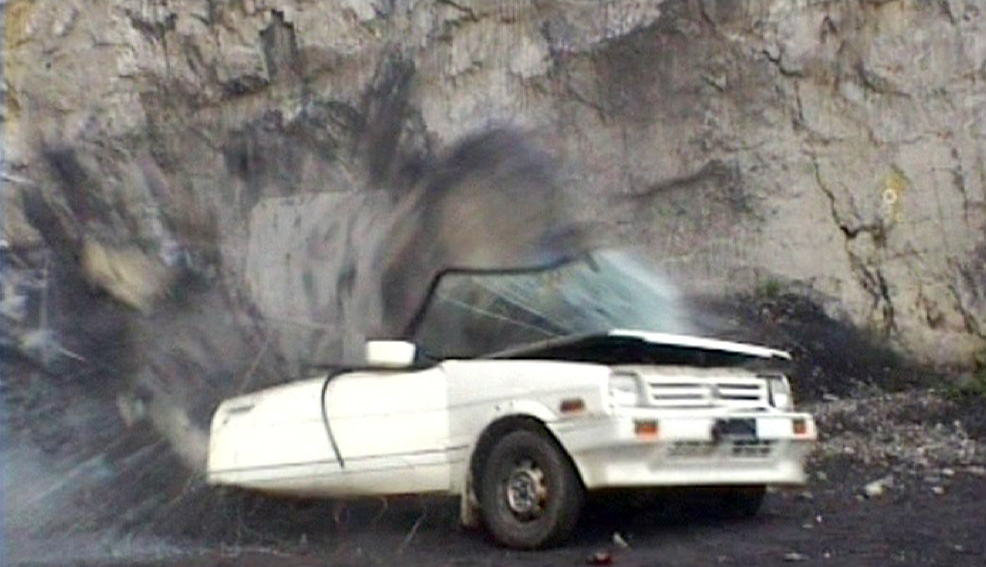
You can find an overview of ongoing debates with our journalists here. Please join us!
If you want to start a conversation about a topic raised in this article or want to report factual errors, email us at english@swissinfo.ch.